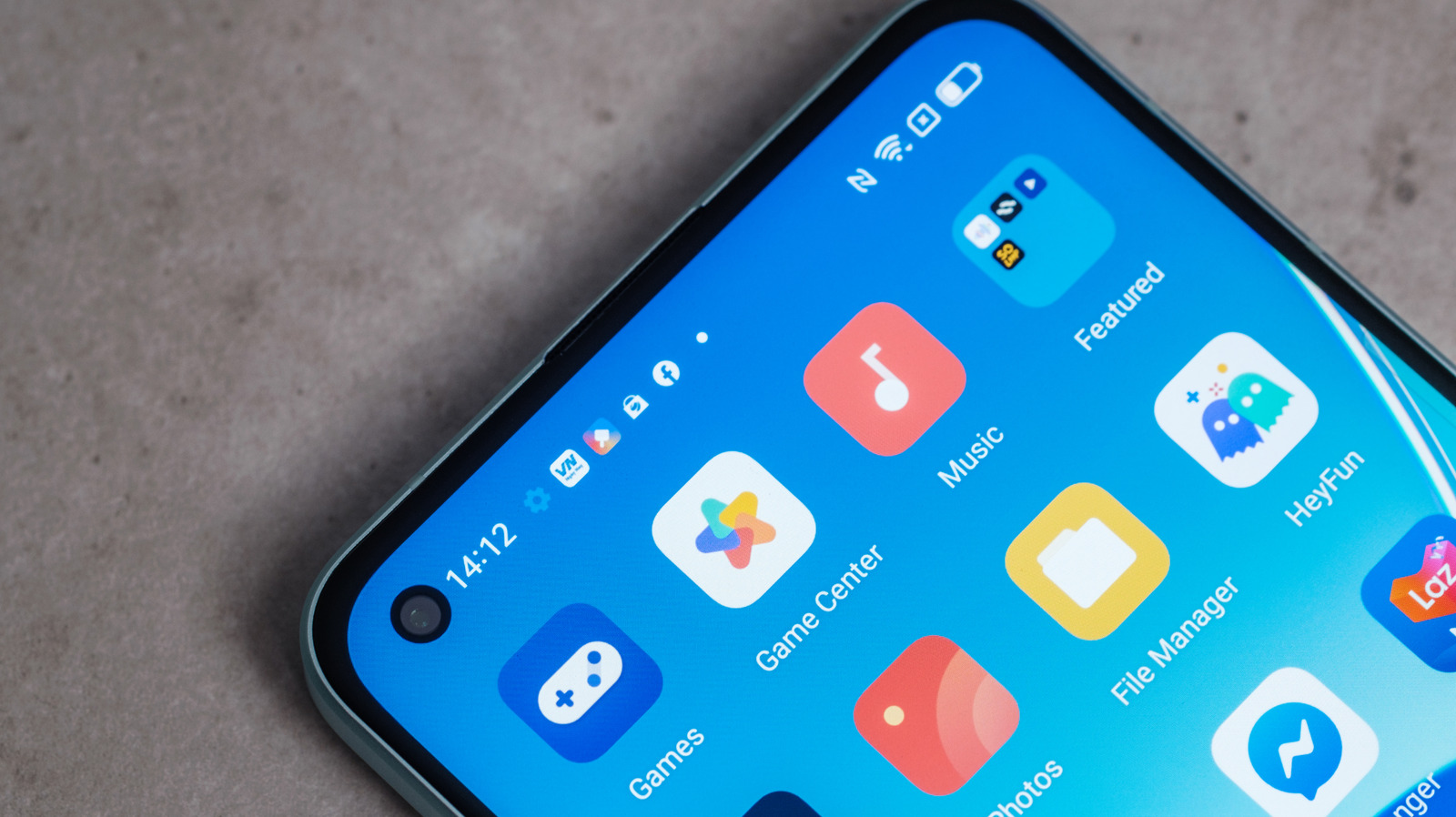In recent years, the way fans and athletes engage with sports has undergone a monumental shift. From interactive live-streaming to real-time statistics, personalized experiences, and in-depth analysis, sports app development has transformed the industry. A sports app development company plays a vital role in this transformation, enabling brands, leagues, and fitness enthusiasts to stay connected and engaged in new and exciting ways. But what exactly is the role of a sports app development company, and how is it shaping the future of sports?
The Growing Demand for Sports Apps
Sports apps are no longer limited to providing basic score updates. They have evolved into multifunctional platforms that serve athletes, coaches, teams, fans, and sports enthusiasts alike. The demand for mobile apps catering to various aspects of sports—such as live scores, fantasy leagues, ticket bookings, training aids, social networking, and more—has grown exponentially. The global sports app market is expected to expand rapidly, driven by the increasing integration of advanced technologies like augmented reality (AR), virtual reality (VR), artificial intelligence (AI), and IoT (Internet of Things).
Whether you’re a fan looking to follow your favorite team, a coach managing a team’s performance, or an athlete looking for fitness tracking and coaching, sports apps have become an integral part of the sports ecosystem. As this demand continues to grow, sports app development companies have stepped up to deliver cutting-edge solutions that are user-friendly, feature-rich, and scalable.
Key Services Offered by Sports App Development Companies
- Custom Sports App Development: A reputable sports app development company offers tailor-made solutions to cater to the specific needs of a client. Whether you need an app for a sports team, fitness tracking, fantasy leagues, or sports streaming, they will create a bespoke platform that fits the requirements perfectly. Customization ensures that the app resonates with the target audience while meeting their expectations.
- Real-Time Data Integration: In sports, every second matters. A sports app development company can integrate real-time data feeds to provide live scores, player statistics, and match updates. This functionality is especially important for fans who want to stay up to date with ongoing games and events, as well as for those who are interested in detailed insights into player performance.
- Interactive and Social Features: Modern sports apps aren’t just about watching games—they’re about engaging with a community. Social features such as comment sections, live chat, and fan-driven content are essential for fostering interaction between sports lovers. Social sharing options, fan polls, and user-generated content also play an integral role in app engagement.
- AI-Powered Analytics: Artificial intelligence is transforming sports by providing advanced analytics for both players and coaches. Sports apps now use AI to offer insights based on performance data, suggest personalized fitness regimens, and even predict future outcomes. These AI-driven features can be integrated into fitness tracking apps or apps designed for coaches to improve team strategies.
- Live Streaming and Video On Demand: Live streaming is a critical component of sports apps, allowing fans to watch events in real-time. With the advancement of mobile networks and 5G technology, streaming high-quality video on sports apps has never been easier. Sports app developers are constantly enhancing video quality, buffering speed, and multi-device support to ensure seamless viewing experiences for users.
- Fantasy Sports Development: Fantasy sports apps have become a multi-billion-dollar industry, and sports app development companies are at the heart of this evolution. By providing engaging and immersive fantasy sports platforms, these developers enable users to create their dream teams, track performances, and win prizes. Integration with real-time stats and seamless transaction systems is key to delivering a compelling experience.
- Fitness Tracking and Wearables Integration: Sports apps today also cater to athletes who are serious about their fitness goals. Integrating with wearables like smartwatches and fitness trackers allows apps to collect data on heart rate, calories burned, distance traveled, and more. This data can then be analyzed to provide users with recommendations to improve their training regimen and performance.
- Ticketing and Event Management: Ticket sales and event management are integral to sports events, and sports app development companies are stepping in to offer solutions for online ticketing, event scheduling, and venue management. These features not only provide fans with easy access to tickets but also help organizers streamline event logistics and increase sales.
Challenges in Sports App Development
While developing sports apps sounds exciting, it comes with its own set of challenges. Some of the hurdles include:
- User Experience (UX) Design: Sports apps need to be user-friendly, engaging, and easy to navigate. Creating an intuitive and visually appealing app is essential to ensure that users remain engaged.
- Data Management: Sports apps must manage large amounts of real-time data, and ensuring that this data is delivered quickly and accurately is a significant challenge.
- Scalability: With growing fan bases and user demand, sports apps must be designed to handle large volumes of traffic, especially during peak events like finals or tournaments.
- Security: Sports apps often involve sensitive data such as user information, payment details, and personal preferences. Ensuring that the app is secure and protects user privacy is of utmost importance.
Future of Sports App Development
The future of sports app development looks promising, with innovations in technology set to push the boundaries even further. Some trends to watch for include:
- Augmented Reality (AR) and Virtual Reality (VR): AR and VR technologies will allow users to immerse themselves in live sporting events or interactive experiences like never before. Virtual sports arenas and live experiences are on the horizon.
- Blockchain for Transparency: Blockchain technology could be used to offer transparency in ticket sales, fan rewards, and player contracts, creating a more trustworthy environment for fans and stakeholders alike.
- 5G and Beyond: As 5G networks become widespread, sports apps will be able to offer enhanced video streaming experiences, faster load times, and seamless interactive features.
Conclusion
A sports app development company is not just a technical service provider; it is a key player in revolutionizing the way fans experience sports. By offering custom solutions, real-time data integration, social interaction, and advanced technologies, sports app developers are enhancing the overall sports experience for athletes, fans, and brands alike. The ongoing advancements in technology promise even more immersive, personalized, and engaging sports experiences, making it an exciting time for both developers and sports enthusiasts.


